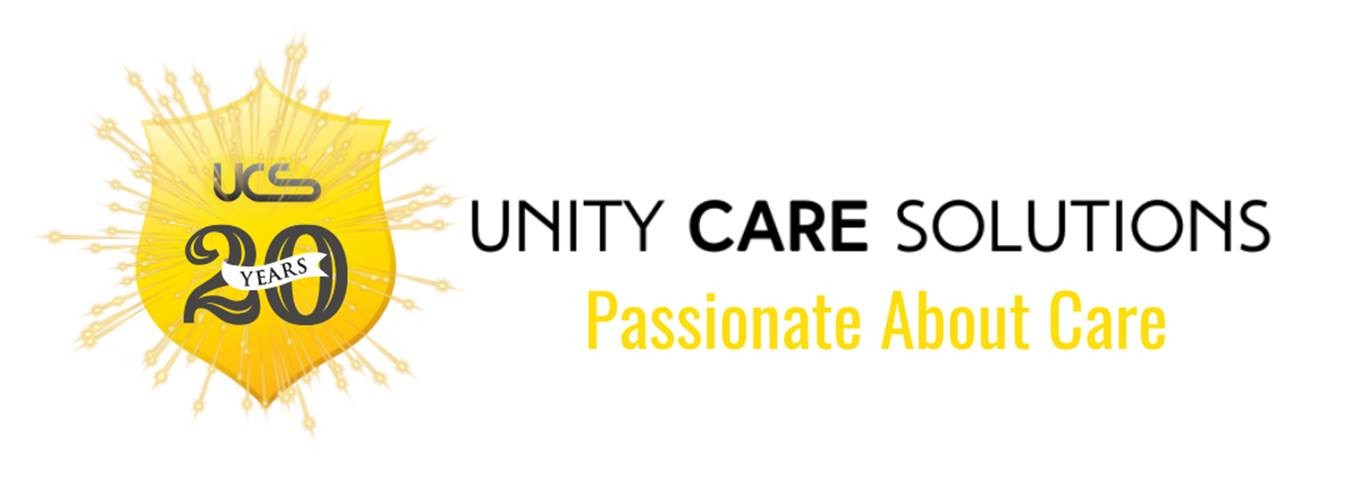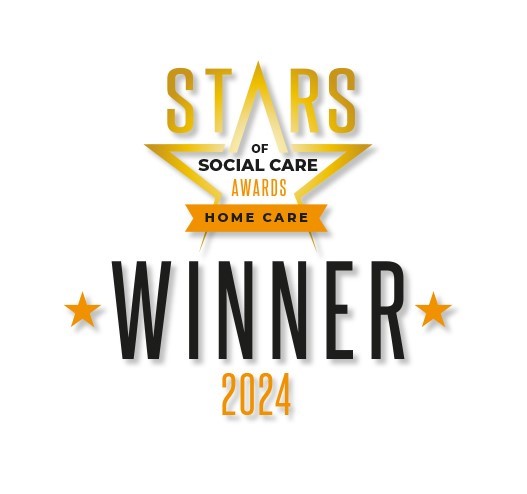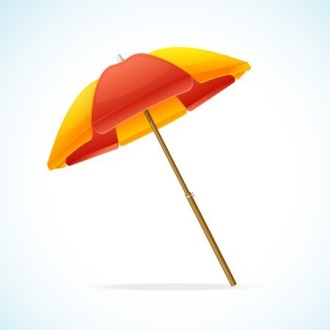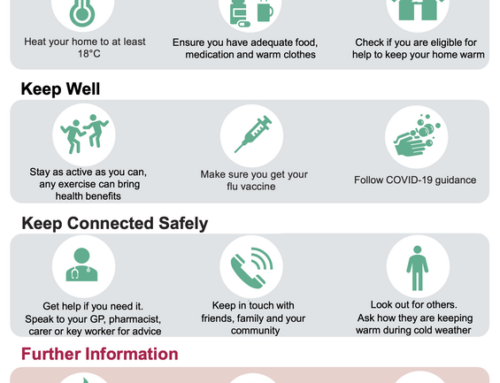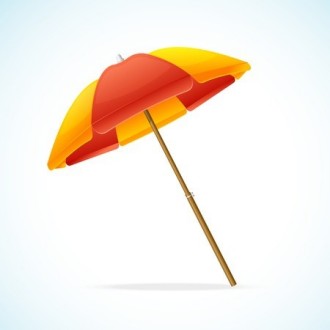 While many people enjoy the hot sunny days of summer, remember extremes of heat and exposure to the sun can be dangerous and even fatal. The elderly, young children, and people with health conditions are most vulnerable.
While many people enjoy the hot sunny days of summer, remember extremes of heat and exposure to the sun can be dangerous and even fatal. The elderly, young children, and people with health conditions are most vulnerable.
If you or someone you care for is at risk, it’s important you know how to avoid the ill-effects of the sun, and how to recognise the onset of any heat-related conditions.
Keeping cool and avoiding dehydration
- Drink plenty of water or fruit juice.
- Avoid alcohol, tea and coffee. The caffeine in tea and coffee causes dehydration. If the person you’re caring for is reluctant to drink water and wants a cuppa, keep a supply of decaffeinated teabags and coffee at the ready.
- People with dementia can easily forget to drink and quickly become dehydrated. If they live alone, regular checks are essential to ensure they drink enough.
- Take frequent tepid baths or showers, or alternatively have a sponge down with tepid water.
- Eat regularly to replace the salts in the body
Stay out of the sun
- If possible, stay indoors. If you must go out, avoid being outside between midday and 3pm when the sun is at its hottest.
- Drawing blinds or curtains will help keep the sun out and reduce the temperature indoors.
- If you do go out, wear loose white or light coloured clothing which reflects the sun’s rays. Cotton or linen is best. Wear garments that cover your arms and legs. Avoid man-made fabrics, and dark coloured garments which absorb the heat.
- Wear a sun hat with a wide brim to protect your face and the back of your neck
- Use high factor sun cream – Factor 50 is best
- Don’t forget to take water and sun block with you if you’re going on a car journey.
- Run the air-conditioning in the car if you have it. If you don’t and have to reply on opening windows, remember to use sun block on exposed skin. If your sun roof is open, wearing a hat is essential.
- Never leave elderly people or children unattended in parked cars, even for a short amount of time.
Signs of dehydration
If you’re caring for someone, be sure to look out for signs of dehydration. These include muscle cramps or spasms, and confusion. If you suspect dehydration, rest and drinking plenty of fluids will help.
Heat exhaustion and heatstroke
Heat exhaustion symptoms:
- Headaches
- Pallid skin
- Feeling sick or vomiting
- Dizziness
- Sweating
- Increased temperature
If you think you might be suffering from heat exhaustion loosen all tight or restricting clothing, and move to a cool place if possible. Sponge yourself down with tepid water and drink plenty of water. If you’re in any doubt or the symptoms don’t improve, you should seek medical assistance.
Heatstroke is a very dangerous, life-threatening condition. Heat exhaustion, if not treated, can develop into heatstroke. However, heatstroke can come on quickly and unexpectedly. Symptoms include:
- Hot, red skin
- Headaches
- Feeling sick and vomiting
Intense thirst - Increased temperature
- Confusion and aggressive behaviour
If you suspect you have or someone you care for has heatstroke, phone 999 immediately.
In 2013, between 540 and 760 deaths were attributed to the UK’s heat wave. If you’re caring for someone, or have elderly relatives or neighbours who might be at risk, please check regularly to make sure they’re not suffering in the heat. Age UK has a useful guide full of tips to help older people keep their cool in the summer. You can download it here.
Stay safe!
Picture credit: 123RF
